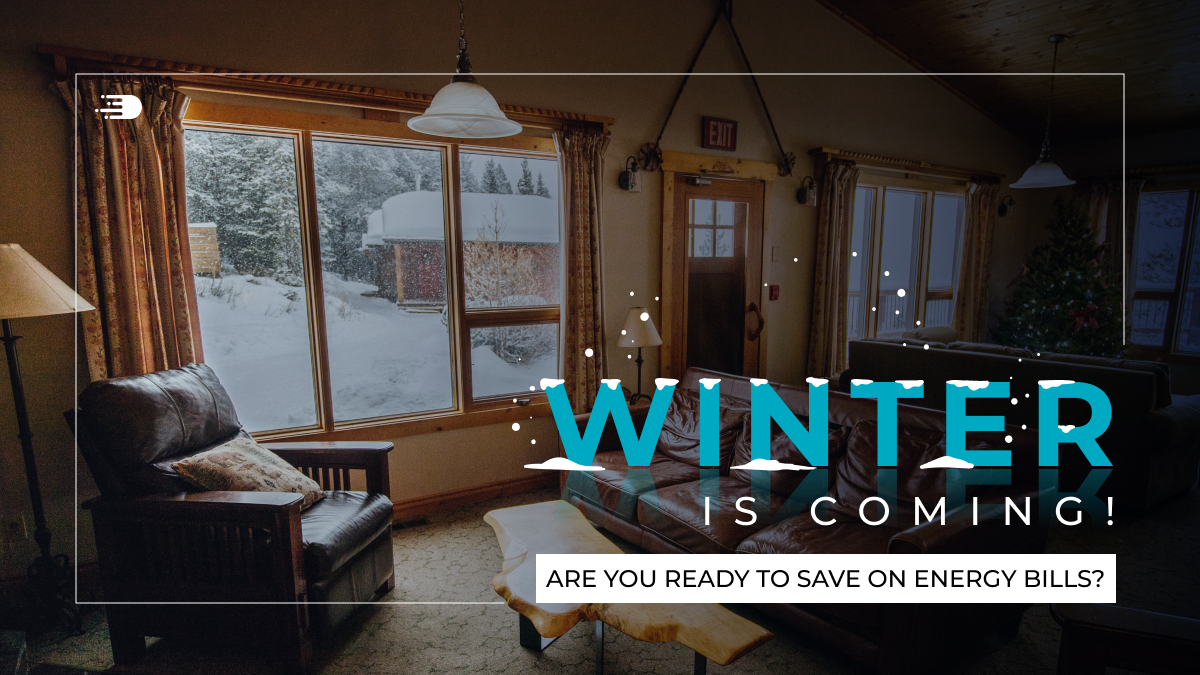As the UK braces for potentially early snowfall following Storm Ciaran, LBC underscores the pressing need for robust energy conservation measures. Forecasters are wary of a temperature plunge pre-Christmas, while the Met Office projects mostly gentle conditions but with a chance of snow, particularly in the Scottish Highlands. LBC informs households and businesses alike to be well-prepared for the impending cold.
Providing a helping hand, the BBC offers actionable advice to alleviate the seasonal spike in energy expenditures. Simple yet effective strategies such as thermostat regulation can yield up to a 10% reduction in heating costs while fine-tuning boilers enhances efficiency. Additionally, the adoption of water-efficient fittings and improved insulation stands to cut energy costs by as much as 30%.
For the commercial sector, the UK government advocates for similar smart technologies approaches, citing not only cost-saving benefits but also long-term resilience against escalating energy prices and a potential boost in productivity. Immediate, cost-effective actions, such as switching off lights when not in use and heating schedule adjustments in line with actual occupancy, can provide significant financial relief.
Exemplifying these principles, The Wellbeing Farm in Lancashire has diligently worked towards a net-zero target. Utility audits and a sustainability roadmap have led to the introduction of a ‘Sustainability Scoreboard’, enabling regular reviews and discussions of critical energy metrics, such as electricity and water consumption, food usage, and waste production. Their commendable endeavors include the implementation of a 20kw wind turbine for electricity, shifting to LED lighting, using energy-efficient appliances, and fitting occupancy sensors in restrooms for more effective lighting management, all contributing to their ambitious goal of a 10% reduction in energy use by 2023.

Elevating these initiatives, the integration of advanced occupancy monitoring solutions, like DIREK, is revolutionising energy preservation, especially within the higher education, healthcare, and retail sectors. DIREK’S indoor radar technology captures precise human presence and activity data to optimise the regulation of heating, lighting, and air conditioning, reducing unnecessary energy consumption. When synchronized with existing building management systems, DIREK’s smart occupancy monitoring solution has demonstrated the capacity for up to 30% energy savings and the potential to diminish CO2 emissions by approximately 10%, advancing financial savings alongside ecological stewardship.
As winter encroaches, these energy-saving tactics not only spell out cost-cutting measures but also resonate with wider environmental stewardship. A collective application of insights from LBC, BBC, and governmental guidelines, in conjunction with cutting-edge solutions such as DIREK’s occupancy monitoring technology, sets the stage for the higher education, healthcare, and retail sectors to navigate a more energy-efficient and cost-effective winter.
References:

